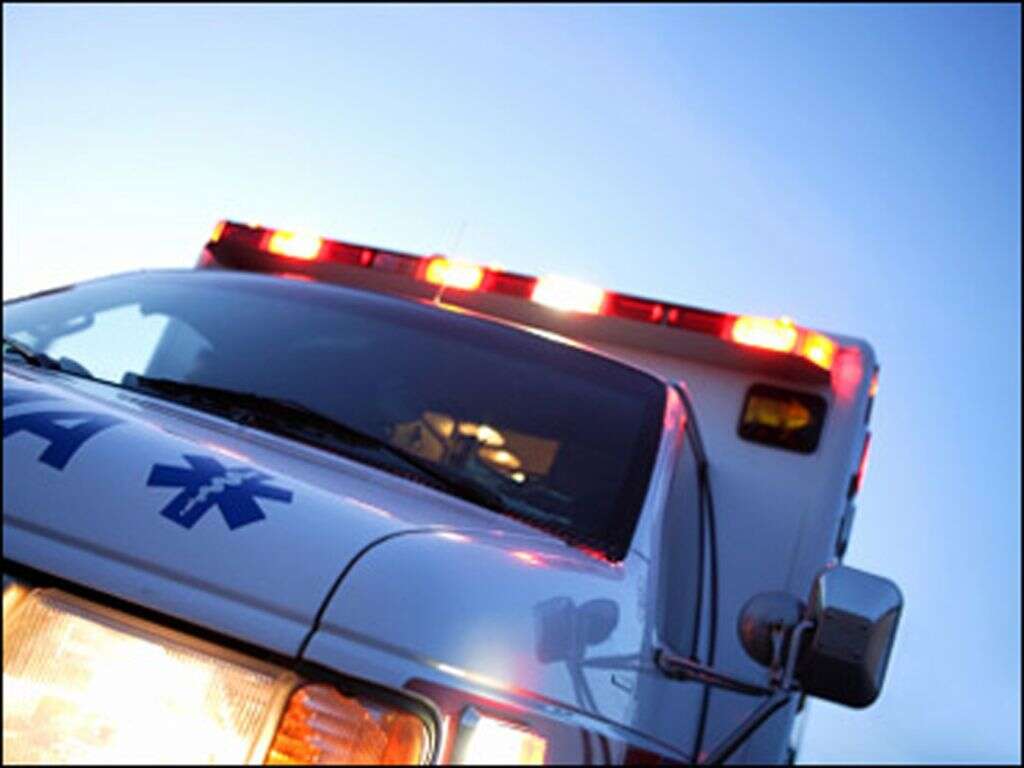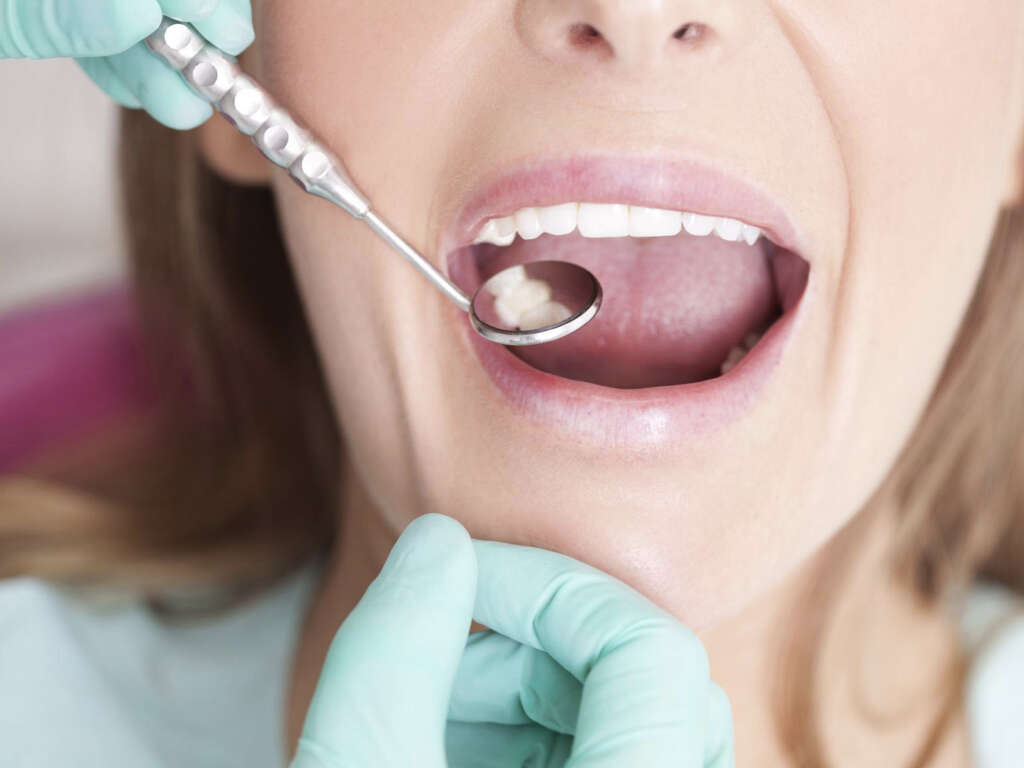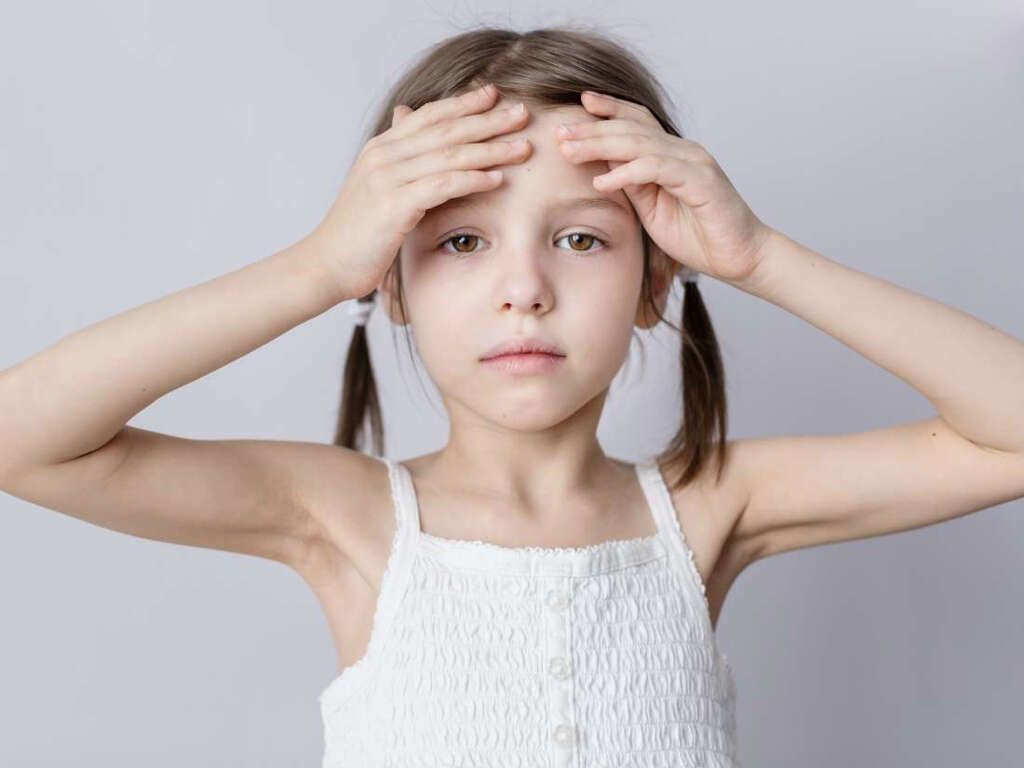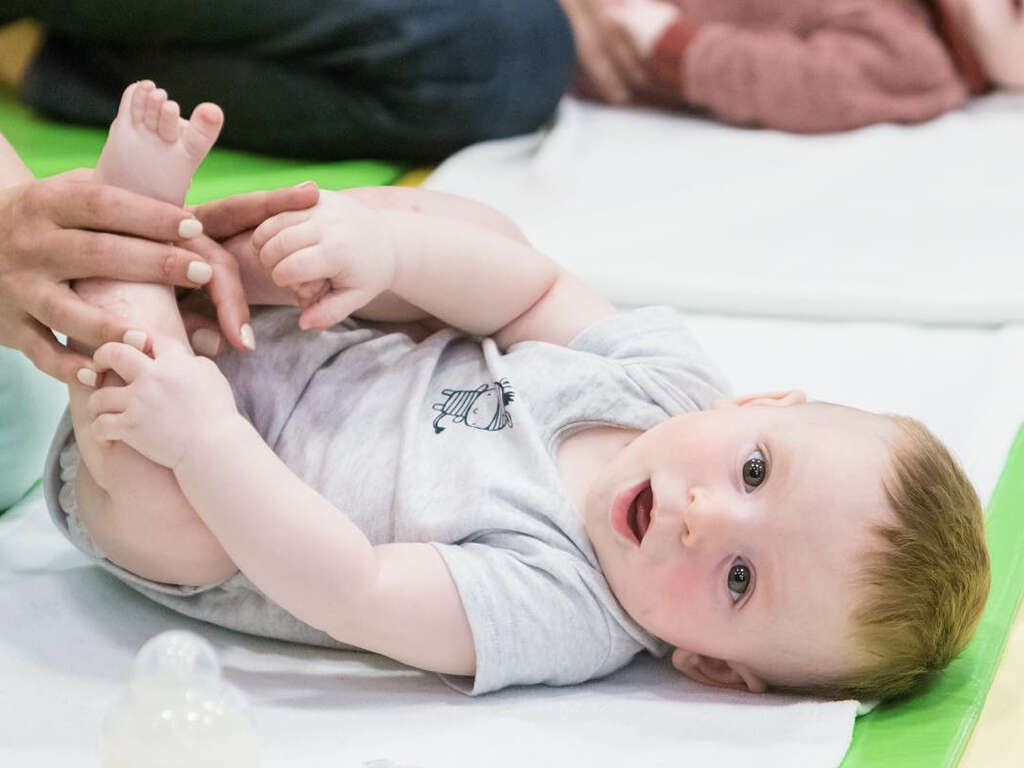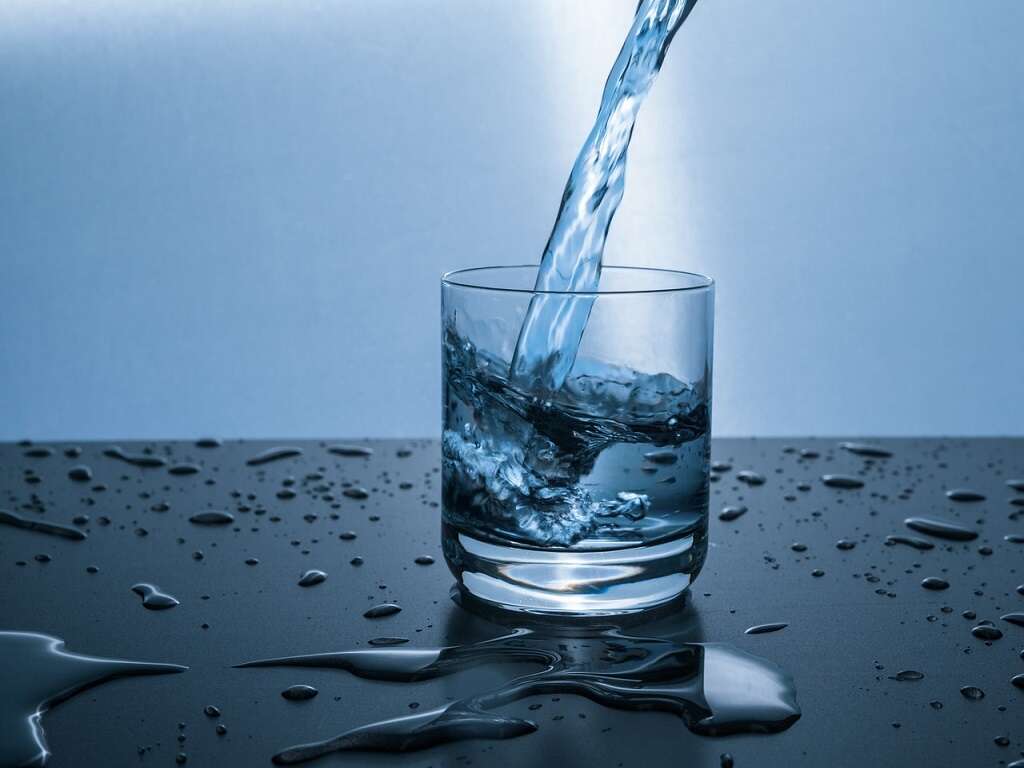10 Dehydration Symptoms
When the amount of fluids that we lose is greater than the fluids that we take in, dehydration occurs. There are many conditions that may cause us to lose fluids, such as, diarrhea, profuse sweating during exercise, vomiting, and fever, to name a few.
Dehydration can happen to anybody and normally we are able to handle this problem easily. For children and elderly patients, dehydration is a serious condition and may cause further complications along the road. Therefore, it is important to recognize the signs and symptoms associated with this condition to know when to seek medical attention.

Symptom #1: Dark Colored Urine
When a person is in a negative water balance, this means that they are losing more water than the amount that they are taking in.
As a natural response, the kidneys will “hang on” to more water. This means that the amount of fluids in your urine will drop, therefore you will end up with concentrated urine (darker urine). There are many reasons that may cause your urine to become darker, so, if you are experiencing this symptom, you should seek medical attention for a proper diagnosis.
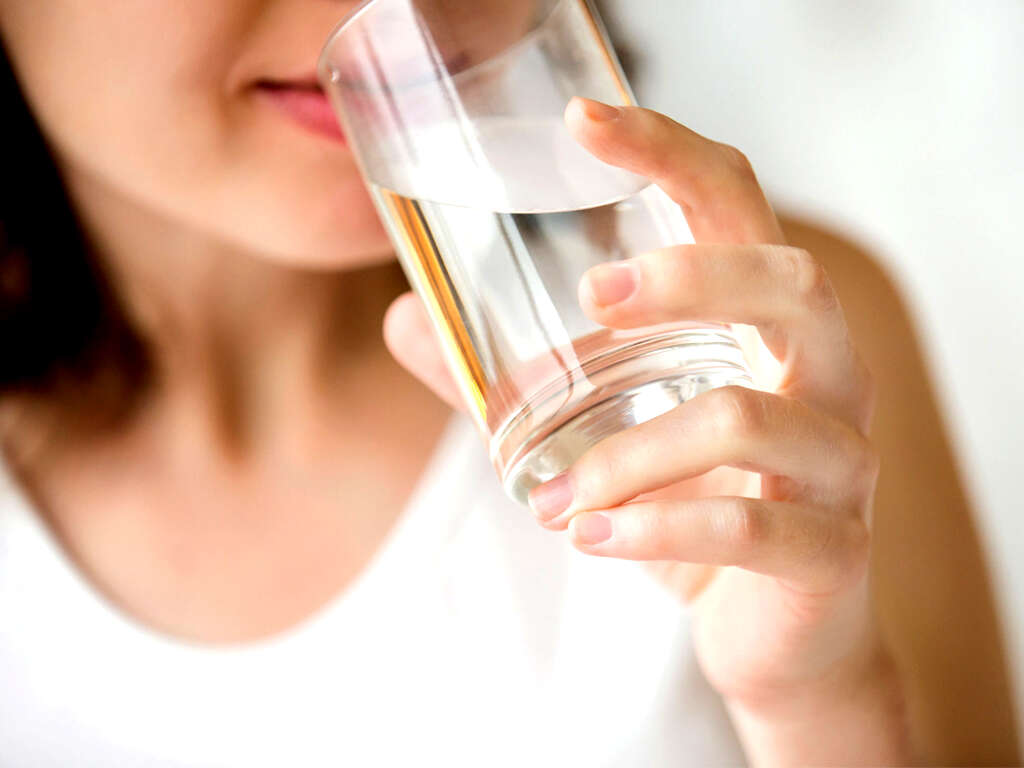
Symptom #2: Fatigue
The drop in blood pressure and blood flow also leads to fatigue. You will feel tired even if you have had a good night sleep.
That is why when you are suffering from the stomach flu, with diarrhea and vomiting present, the doctors recommend getting lots of rest and drinking plenty of fluids to fight off the dehydration and the fatigue that it may cause.

Symptom #3: Bad Breath
When dehydration sets in, your body reduces the amount of saliva being produced. This is a normal reaction to preserve fluid for more vital organs.
Saliva is necessary for us because it lubricates our mouths, helps with digestion of foods and also keeps pathogens from overgrowing. If the saliva production is reduced, bacteria can grow and this leads to bad breath.
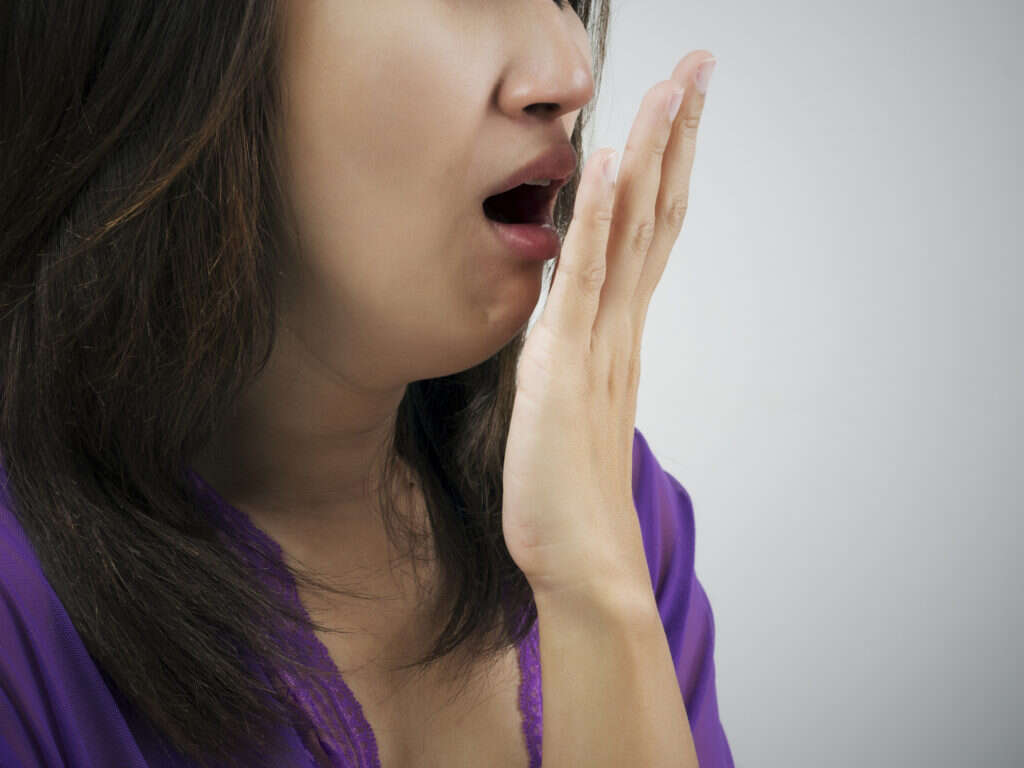
Symptom #4: Severe Dizziness
Depending on the cause and degree of dehydration, you may end-up with orthostatic hypotension. This means that blood pressure suddenly falls after a patient stands up, causing the patient to feel dizzy and even lose consciousness.
In more severe cases, the hypotension is constant and therefore, the dizziness is much worse. This is a very clear sign that you should seek medical attention as soon as possible.

Symptom #5: Headaches
One of the early symptoms related to dehydration is the headache. Our brains are very demanding when it comes to oxygen, blood flow, and nutrients. Therefore, in dehydrated patients, the brain may end up not getting its fair share of supplies.
Headaches can be caused by many conditions, therefore, you shouldn’t take this symptom on its own to diagnose anything. If you are suffering from constant headaches, you should get medical attention for a proper diagnosis.

Symptom #6: Loss of Skin Elasticity
Dry skin is one of the first signs of dehydration in our bodies. The skin will look wrinkly and the smoothness of the outer layer (epidermis) will be diminished.
The elastic properties of the skin are related to the hydration status of the patient; therefore, the skin turgor can be evaluated by a physician performing a gentle pinch in the arm or hand and watching as the skin returns to normal. In dehydrated patients, the skin will take longer to return to normal.

Symptom #7: Diminished Urine Output
When a person is dehydrated, the body starts to apply certain changes to preserve the vital fluid that remains. The kidneys will reabsorb more water, therefore you will end-up producing less urine.
If you are urinating less frequently and the color of the urine is darker than usual, this might be a sign of dehydration.

Symptom #8: Muscle Cramps
Muscles require a balance between water and electrolytes to function properly. When this balance becomes disrupted, they may start to cramp-up, especially during exercise.
Any muscle may be affected but usually, the calves are the first ones to fatigue during exercise, causing them to cramp-up. It is important to drink water when performing demanding work-out routines to prevent this from happening.
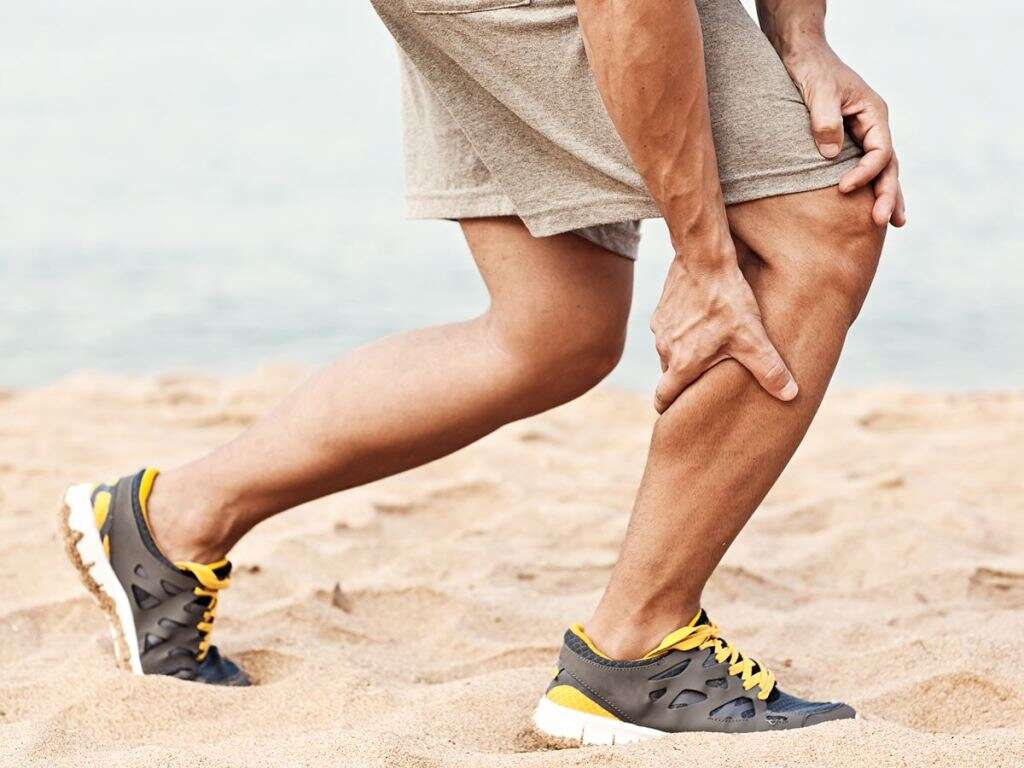
Symptom #9: Constipation
Constipation is defined as having 3 or fewer spontaneous bowel movements per week and also having difficulties passing stool during defecation. If your water intake is not high enough, the gastrointestinal tract will start to “hang on” to water, making your stools drier and harder to pass.
Many conditions may cause a patient to become constipated but, inadequate fluid intake is one of the most common reasons to look in to. If you are having lumpy stools and other dehydration-related symptoms, you should seek medical attention to find out what is happening.
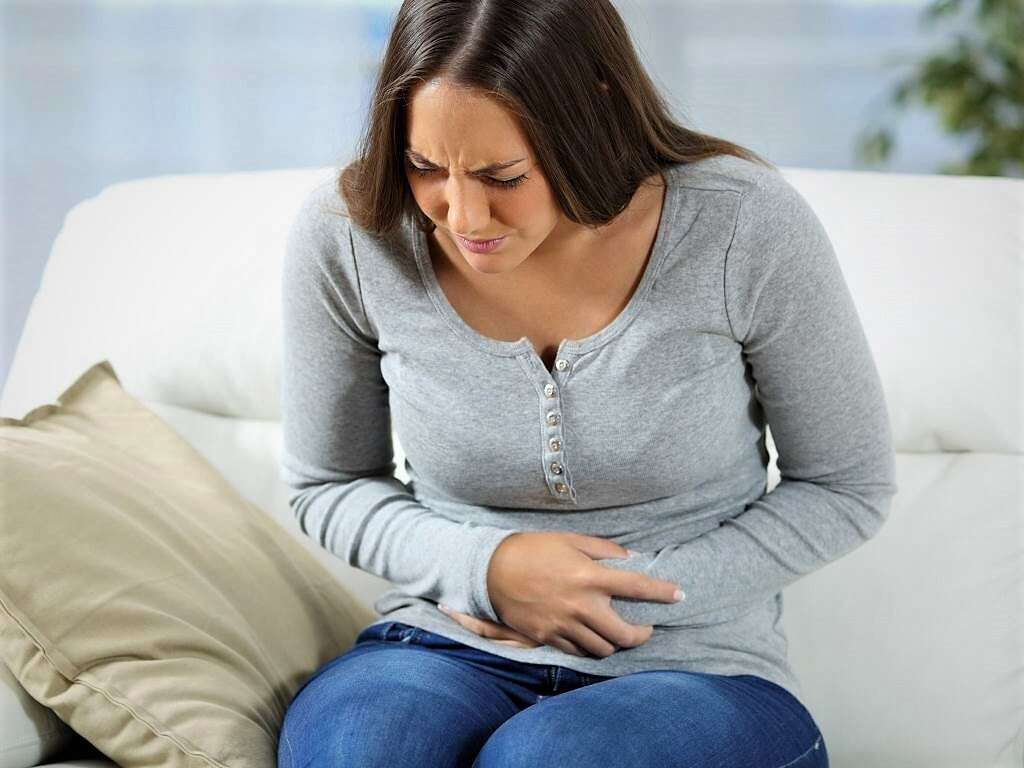
Symptom #10: Increased Heart Rate
During dehydration, the heart is going to work harder to pump blood into the tissues. This will cause it to beat faster, which translates in palpitations and an increased heart rate.
The heart rate will go hand in hand with the degree of dehydration seen in the patient. If dehydration is severe, the heart will beat faster and faster. If you are experiencing this symptom you should seek medical attention for a proper diagnosis.





